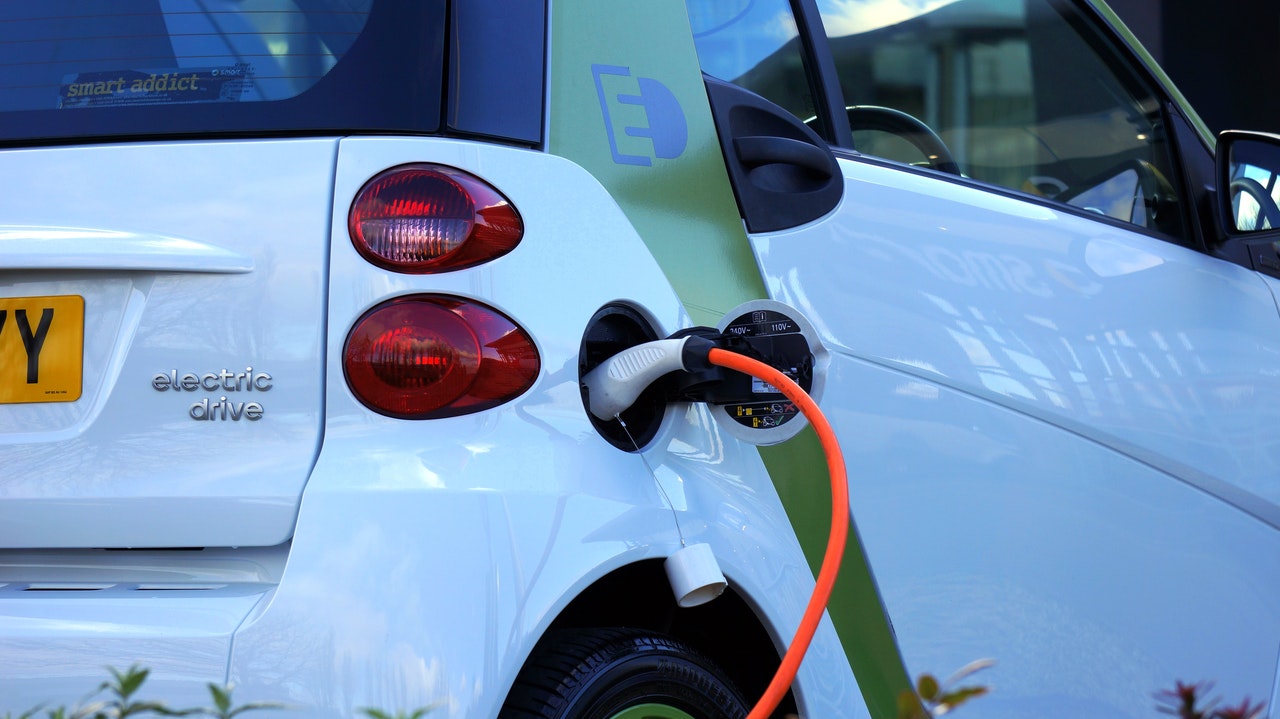Once a household name, the Detroit-based automaker has revealed ambitions to expand fuel-cell technology research as the energy shift takes traction. By expanding its hydrogen sector, it may be able to generate much-needed new income sources, reversing a downward trend.
With the electric vehicle (EV) industry being congested and repeatedly underperforming over the years, investing in fuel-cell technology might help the historic carmaker remain relevant in the long run, according to Power-technology.com.
Plans to grow its fuel-cell business are likely to begin with the construction of mobile power generators, which will cater to the demands of companies that lack permanent electricity installation but need clean energy. These might act as EV fast-charging (FC) stations as well as aid in the prevention of blackouts in an era where energy supply cannot be taken for granted.
Although its fuel-cell business, Hydrotec, has previously formed relationships with industrial organizations from many industries to deliver sustainable energy solutions, GM’s more ambitious goal may result in breakthrough advancements in hydrogen-fuel technology.
This far-reaching expansion and increased investment in fuel-cell R&D by one of the world’s major automotive firms might be the last push for this technology to play a significant part in meeting the net-zero aim.
The development of hydrogen-powered technologies will offer the company both new business and the expansion of existing companies. The fuel-cell technological advancement would assist its firms concentrating on smart mobility and driverless cars.
Furthermore, GM has already formed alliances with important participants in the aviation, rail freight, and road freight sectors. While EVs seem to be a realistic replacement for gasoline-powered passenger cars, FCEVs might replace diesel-powered commercial vehicles.
Clean energy transportation has received a lot of attention, but zero-emission alternatives for other highly polluting industries have been largely overlooked. With the infrastructure required to transport and store hydrogen already in place, it seems like a squandered opportunity to depend on fossil fuel energy rather than fuel-cell energy.
However, there are several significant environmental and logistical hurdles that must be solved before fuel-cell technology can play a meaningful role in the economy’s decarbonization process. To meet the growing demand for sustainable energy, infrastructure for storage and transportation must be improved. Furthermore, for the future application of fuel-cells as one of the primary clean energy options, it would be critical to improve the hydrogen generation process such that it does not depend on fossil fuel for water electrolysis.

